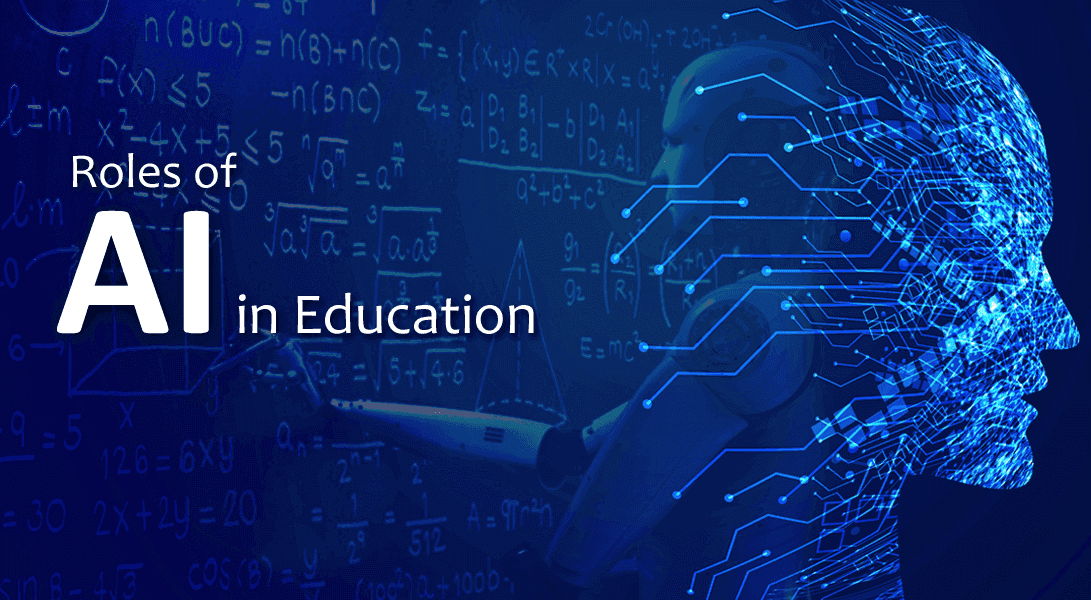Artificial Intelligence is now a part of our normal lives. We are surrounded by this technology from automatic parking systems, smart sensors for taking spectacular photos, and personal assistance. The academic world is becoming more convenient and personalized thanks to the numerous applications of AI for education. This has changed the way people learn since educational materials are becoming accessible to all through smart devices and computers. Today, students don't need to attend physical classes to study as long as they have computers and internet connection. AI is also allowing the automation of administrative tasks, allowing institutions to minimize the time required to complete difficult tasks so that the educators can spend more time with students.

Roles of AI in Education
Personalize Education: Artificial Intelligence helps find out what a student does and does not know, building a personalized study schedule for each learner considering the knowledge gaps. In such a way, AI tailors studies according to student's specific needs, increasing their efficiency. AI customizes in-class assignments as well as final exams, ensuring that students get the best possible assistance.
Contribute To Task Automation: Administrative tasks simplification: grading, assessing, and replying to students is a time-consuming activity that could be optimized by the teacher using AI. Entrusting a set of routine tasks to AI helps teachers make room for something more important: concentrating on grading the assignments impossible to delegate to Artificial Intelligence, self-education, upgrading the quality of the lessons.
Produce Smart Content: AI and education go hand in hand and the new techniques could be all that is required to ensure that all students attain their ultimate academic success. Smart content is a very hot subject matter today. Robots can produce digital content of similar quality as what different AU essay writing services can create. This technology has already reached a classroom setting. Smart content also includes virtual content like video conferencing, video lectures.
Digital learning interfaces with customization options; digital textbooks, study guides, bite-sized lessons, and much more can be generated with the help of AI. Besides, AI helps generate and update the content of the lessons, keeping the information up to date and customizing it for different learning curves.





